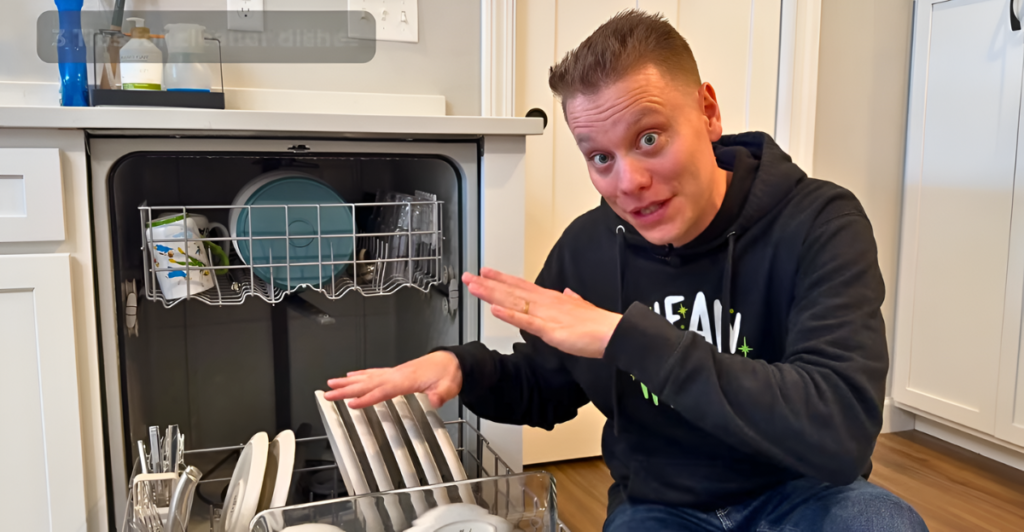
Commercial dishwashers were owned by the wealthy in the 1950s and became regular parts of many homes by the 1970s. Today’s machines are incredible pieces of machinery that save time and effort and push out sparkling dishes.
If those dishes aren’t coming out sparkling, though, there may be some things that you are doing to make your dishwasher run less efficiently. Here are 9 examples of things that can affect the performance of one of your most important appliances.
Not Scraping Food Off

Dishwasher detergent commercials often show people being able to put their dishes in the machine without first scraping off bits of food. And while leaving some amount of grease on your dishes can be beneficial, it is not recommended that you put dishes in the dishwasher with excess food.
Those excess food bits can cause chaos in the machine. First the food can circulate around the dishwasher, affecting the other teams in the machine. The pieces of food can also cause clogs in the filter, making it so that the appliance doesn’t perform as well.
Make Sure You Are Checking the Filter
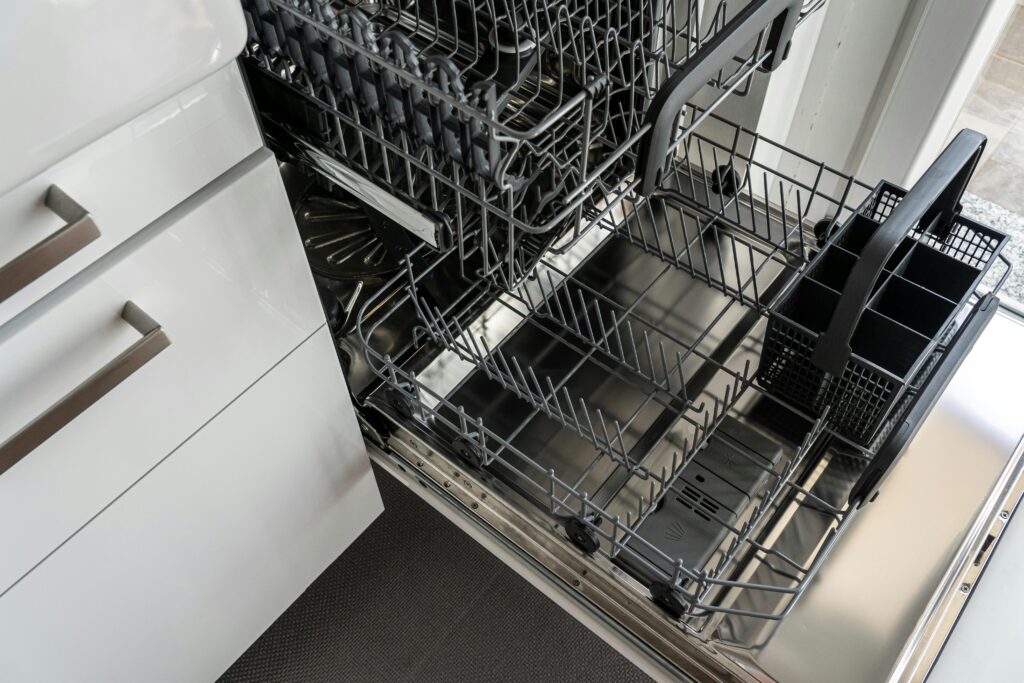
People know that they should always be diligent about cleaning out the filter in their washing machine as not doing so could start a fire. The results of not cleaning the filter in your dishwasher aren’t quite as drastic, but they are still problematic.
The biggest issue that arises from not cleaning a filter is that the dishes will not come out as clean as they should. Even worse, it may not be as easy to see that the dishes aren’t completely clean and you might end up eating off of them.
How You Arrange Your Knives

There has long been an argument about the best way to arrange your utensils in the dishwasher. Some say the handles of forks and spoons should be pointing up so they remain clean when removing them. Others say that the handles should point down so the utensils can be hit with more water spray.
There is no debate about knives as they should also be placed in the machine with the handle pointing down. This is more of a safety issue that,n anything else and users can easily cut their hands if knife blades are pointing up.
Putting the Detergent in the Wrong Place
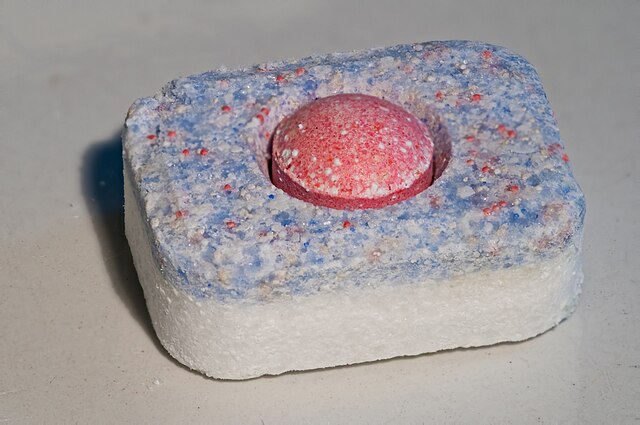
There are many choices when it comes to dish detergent these days, including powder, gel, liquid and detergent pods. Pods have become wildly popular for both their convenience and their cleaning power. However, you must ensure they end up in the right place.
Most modern dishwashers will have a small hatch to place the pod in, allowing it to be distributed evenly to the dishes. If you are just to throw the pod in the appliance like you would with a washing machine, most of the soap will wash down the drain before it can clean the plates.
Overloading the Machine
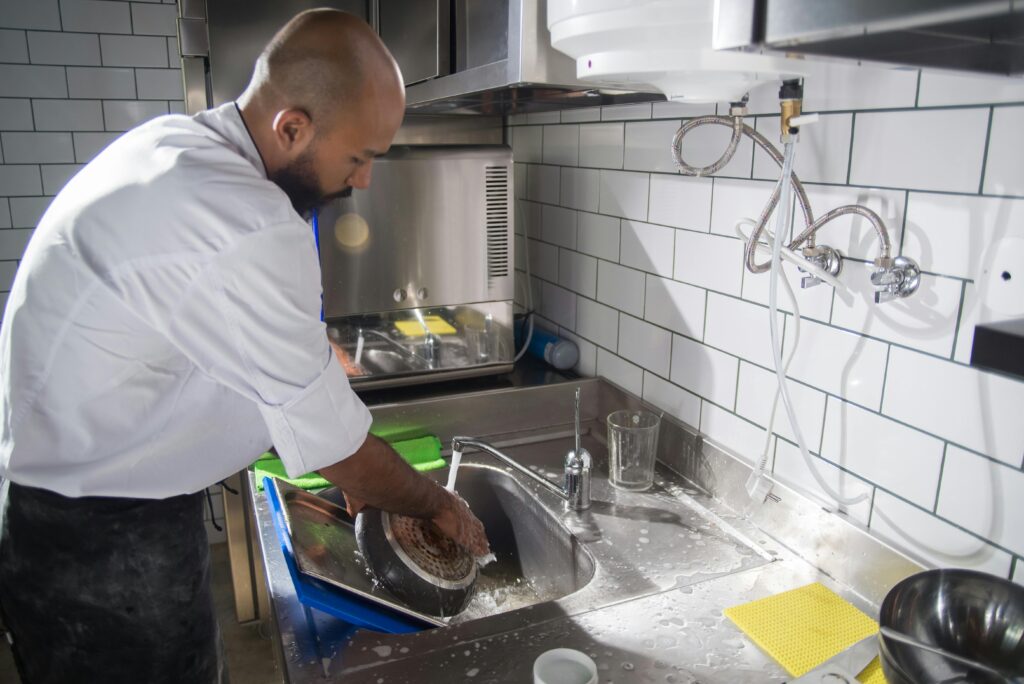
Whether you are a single person or living with a large family, the dishes can pile up in the sink really quickly. And there will always be that desire to just shove everything in the sink into the same dishwashing cycle.
There are reasons to avoid doing this. Overloading the dishwasher doesn’t allow the washing arms to clean everything in the machine. And when dishes come out less than clean, you may have to hand wash them and not save any actual time.
Not Filling the Machine Up Enough
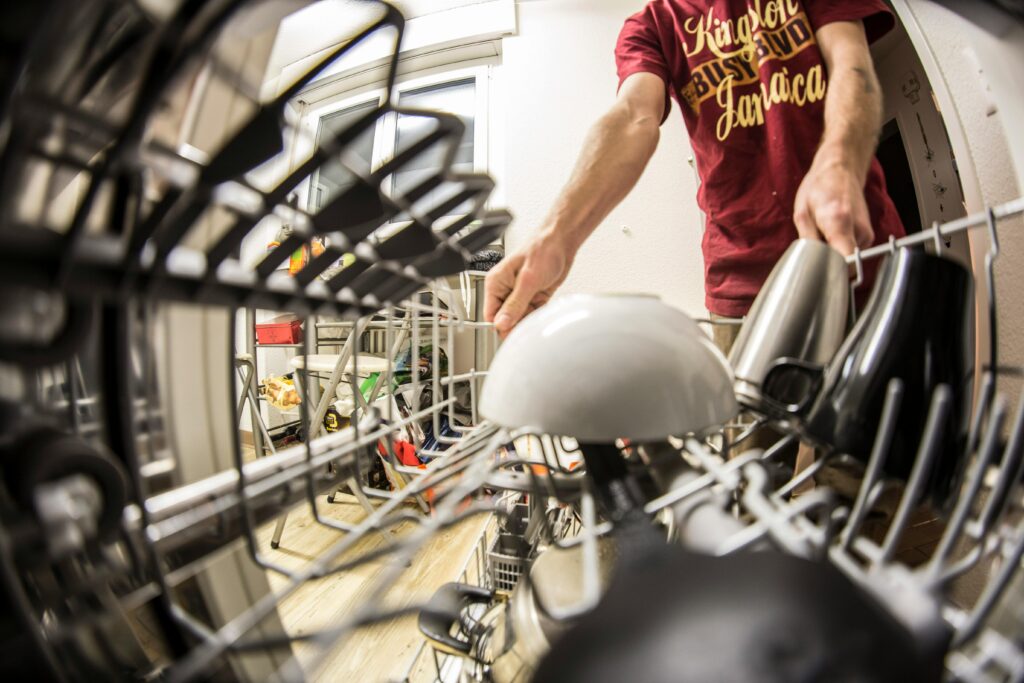
It is easy for people who don’t have all that many dishes at home to run their dishwasher before the machine is completely full, and that would seem like a common-sense idea. There are some issues, however, to making this type of choice.
The main problem with running the dishwasher is not yet full has to do with efficiency. Washing dishes in this fashion wastes money because you are using more water than is necessary. The best possible way to wash your dishes is by waiting until the machine is completely full.
Make Sure You Put Plastic in the Right Place
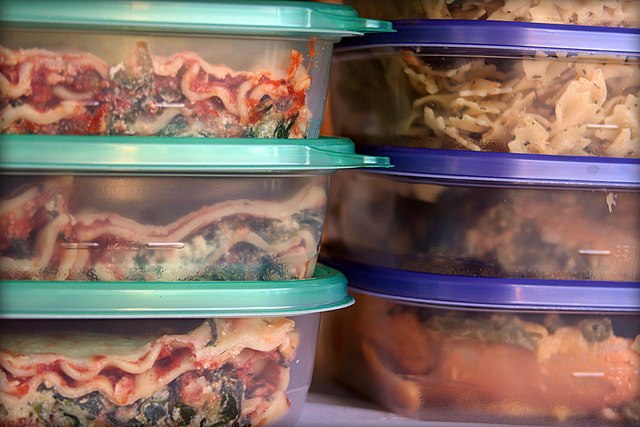
People will also have pieces of plastic utensils, storage containers and possibly dishware in their house, and for the most part, these pieces can be cleaned in the dishwasher. But the dishwasher can get extremely hot, and these items can end up melting
Not only will the melting plastic make your house smell terrible, it can also mess up the mechanisms within your appliance. The solution to the problem is relatively easy, make sure you are loading your plastic items on the top rack.
Choose the Right Cycle
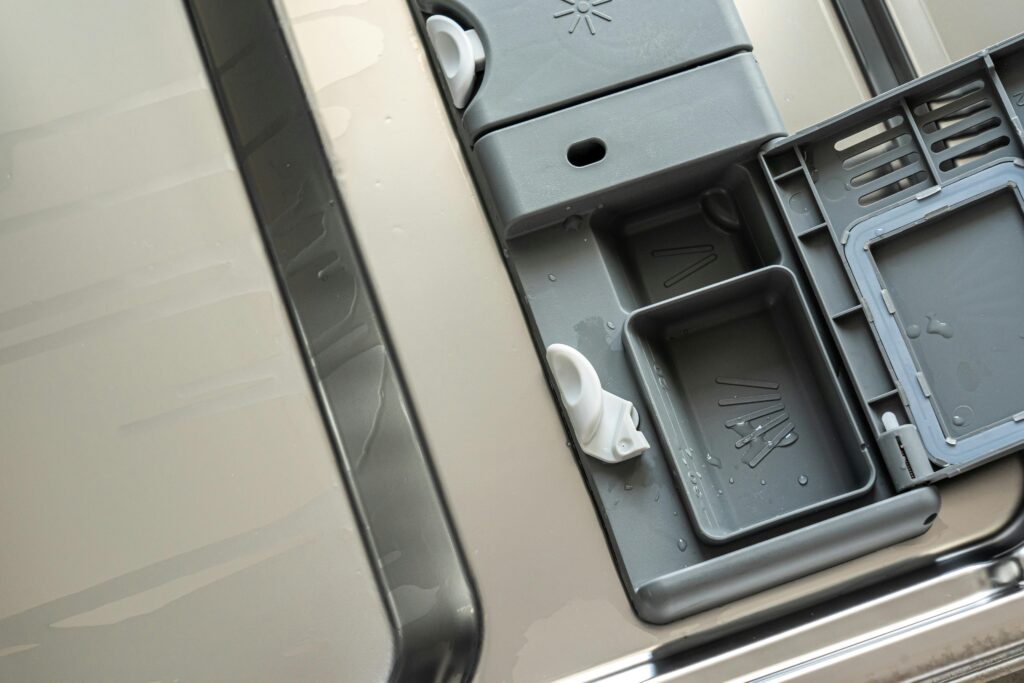
Most of today’s dishwashers offer a variety of different settings and features. For people who are unfamiliar with these settings, working the machine correctly can feel daunting. But the way that you program the setting on your dishwasher can have a profound effect on the dishes.
Using the wrong setting can not only cause your dishes to not come out as clean as you would like, but it can also cost you money if you are using more energy and water than you need. It is worth taking a look in the appliance’s owners manual to make sure you are using it right.
Be Careful With Rinse Aid

Rinse aid can be an incredibly effective tool for making your dishes sparkle when they come out of the machine. And some may think that if a little bit of rinse aid gets their dishes clean, a little extra bit of rinse aid will get them even cleaner.
The truth is that adding extra rinse aid will have the opposite effect. When there is too much extra soap in the machine, the items will come out with a cloudy film. Ensure you follow the instructions on the package regarding the amount to use.
